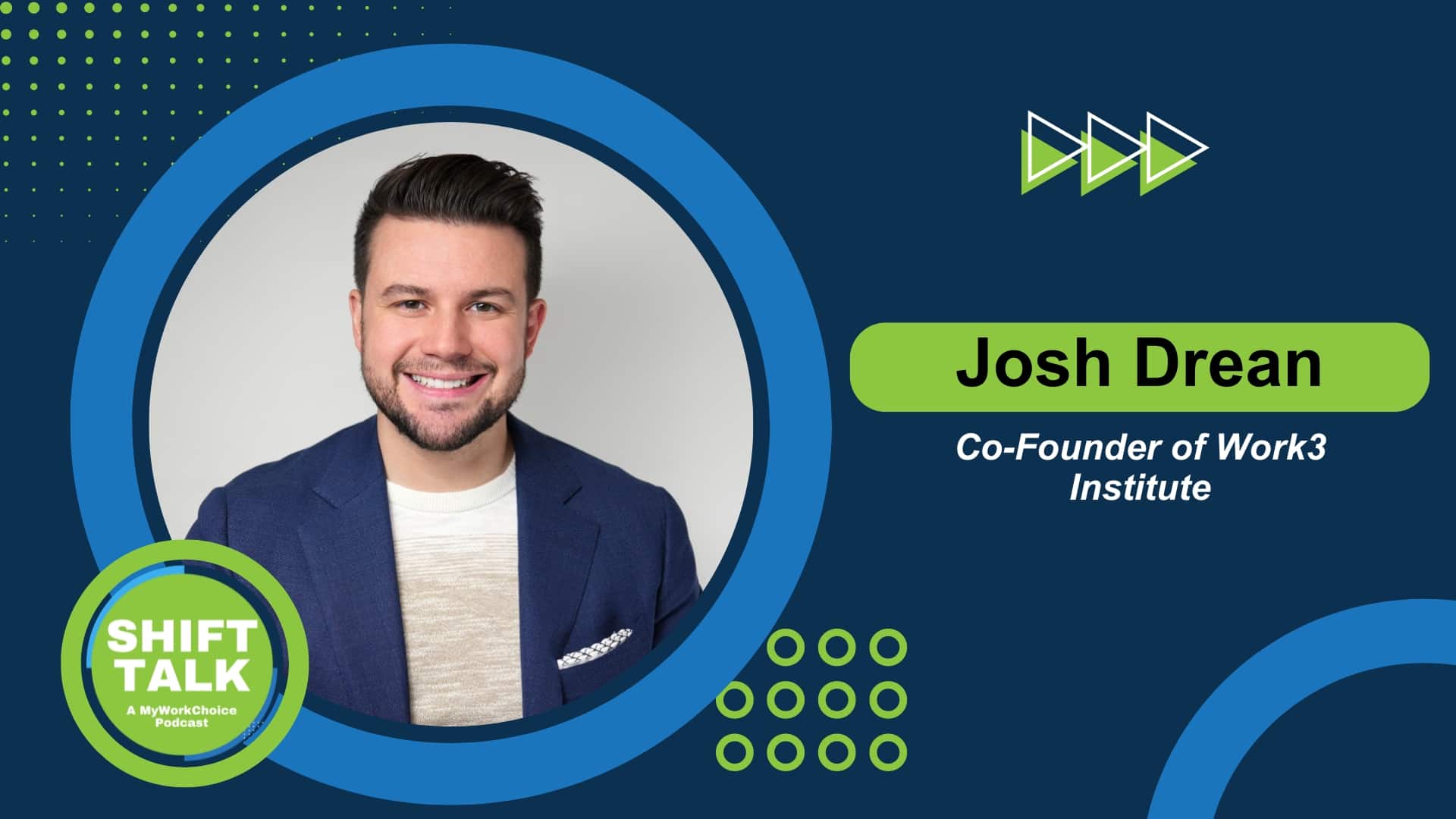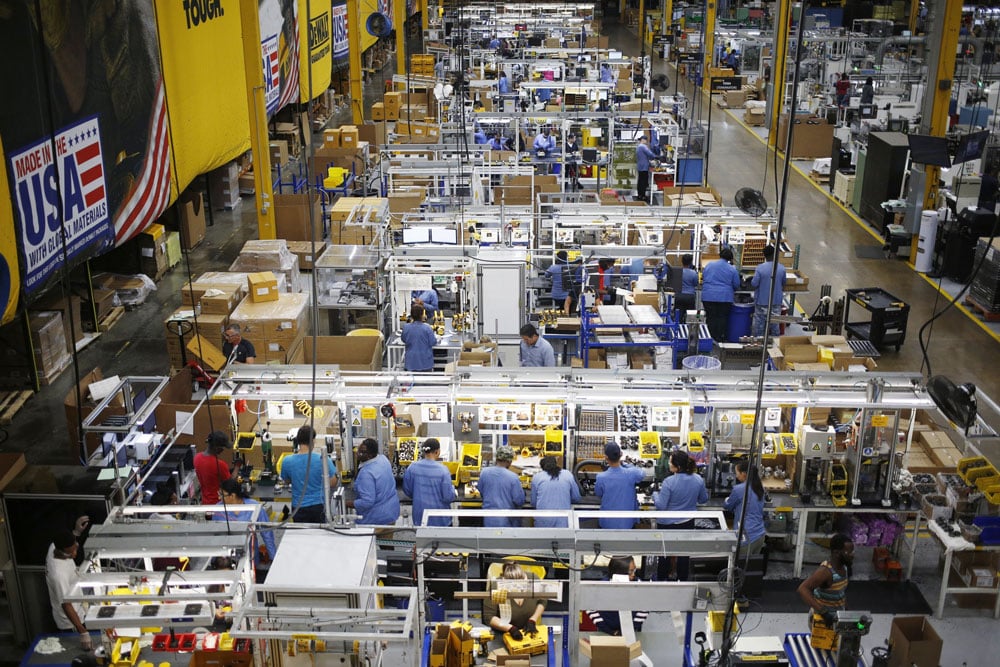Partnerships matter, especially when it comes to addressing the skills gap. On this episode of Shift Talk, I sat down with Laura Ullrich, Senior Regional Economist at the Federal Reserve Bank of Richmond again, to chat about how employers and community colleges are working together.
Changing the Way We Measure Success at Community Colleges
Laura kicked off by pointing out community colleges are measured by the same standards as four-year universities, which doesn’t really fit.
“Community colleges serve local students and prepare them for local jobs, but they’re evaluated the same way as universities, which doesn’t reflect what they’re actually doing.”
To fix that, Laura and her team at the Richmond Fed created a new way to measure the success of these schools, specifically focusing on their role in local economies.
What started small has grown to include 122 schools, with plans to go national next year. It’s a smart move that puts the spotlight on how important these colleges are for training future workers.
Employer Partnerships: Getting Involved from the Ground Up
Through this research, one of the big shifts Laura’s seen is how much earlier companies are getting involved with community colleges. It’s no longer about waiting for students to graduate and hoping they’re ready for the job. Companies are getting in on the ground floor, helping shape the training these students get.
“Employers are realizing they can’t just hire a couple of graduates and call it a day,” Laura said. “Now, they’re sponsoring programs, donating equipment, and even embedding their training right into the curriculum.” She shared a great example of a company who donated a tractor-trailer to a community college’s trucking program, giving students hands-on experience with real-world equipment. These partnerships aren’t just about filling jobs—they’re ensuring students are ready to go from day one.
Gen Z Wants Flexibility—And That’s Non-Negotiable
The evolving expectations of the workforce, particularly with Gen Z entering the job market are changing things up.
Flexibility has become a non-negotiable for many younger workers, and companies that fail to offer it risk losing talent to competitors or the gig economy.
“Gen Z doesn’t want the rigid, 9-to-5 structure that worked for previous generations,” Laura said. “They want flexibility and ownership over their roles. If companies can’t provide that, they’re going to struggle to retain these workers.”
At MyWorkChoice, we’ve seen the benefits of flexible scheduling firsthand. By allowing employees to choose their shifts, we’ve seen increased retention while also consistently filling 90-100% of shifts. Giving workers control over their schedules also increases engagement and productivity. Flexibility doesn’t mean chaos—it’s about building trust and empowerment.
What Companies Can Do: Practical Steps
So, how can companies address these shifting workforce dynamics? Laura provided a few actionable steps for employers looking to partner with community colleges and meet the demands of today’s labor market:
- Engage Early and Invest: Partner with local community colleges to help shape the programs that align with your workforce needs. Consider donating equipment or sponsoring programs to ensure students are job-ready when they graduate.
- Offer Flexibility in Scheduling: Gen Z demands flexibility. Whether it’s letting workers choose their shifts or offering more autonomy, providing flexibility can be a game-changer in retaining top talent.
- Create Pathways for Growth: Gen Z is looking for purpose and personal growth. Offer training programs, internships, or apprenticeships to give them hands-on experience and opportunities for advancement.
Looking Ahead
Laura’s team is working on releasing their 2024 survey results in November, which will give us the first look at how COVID affected community colleges. “We’ll be able to see which schools adapted well and what lessons can be learned from those that didn’t,” she said.
As companies continue to face labor shortages and Gen Z reshapes what the workforce looks like, one thing is clear: partnerships between employers and community colleges are going to be crucial for building the skilled workforce we need.
Connect with Laura Ullrich
About the Shift Talk Podcast
Shift Talk, is a podcast by MyWorkChoice where we talk about the real shift happening and hard conversations because we know the stakes are high in manufacturing and distribution. Your workforce is your most valuable asset, and without retention, you’re stuck in a cycle of hiring and losing people. It doesn’t have to be that way.





